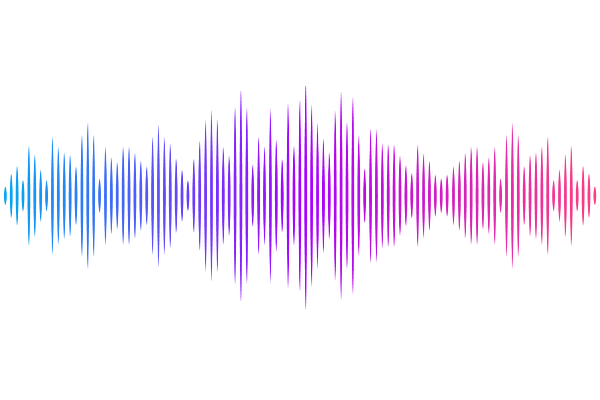Unitary designs in nearly optimal depth

Unitary designs in nearly optimal depth
Laura Cui, Thomas Schuster, Fernando Brandao, Hsin-Yuan Huang
AbstractWe construct $\varepsilon$-approximate unitary $k$-designs on $n$ qubits in circuit depth $O(\log k \log \log n k / \varepsilon)$. The depth is exponentially improved over all known results in all three parameters $n$, $k$, $\varepsilon$. We further show that each dependence is optimal up to exponentially smaller factors. Our construction uses $\tilde{{O}}(nk)$ ancilla qubits and ${O}(nk)$ bits of randomness, which are also optimal up to $\log(n k)$ factors. An alternative construction achieves a smaller ancilla count $\tilde{{O}}(n)$ with circuit depth ${O}(k \log \log nk/\varepsilon)$. To achieve these efficient unitary designs, we introduce a highly-structured random unitary ensemble that leverages long-range two-qubit gates and low-depth implementations of random classical hash functions. We also develop a new analytical framework for bounding errors in quantum experiments involving many queries to random unitaries. As an illustration of this framework's versatility, we provide a succinct alternative proof of the existence of pseudorandom unitaries.